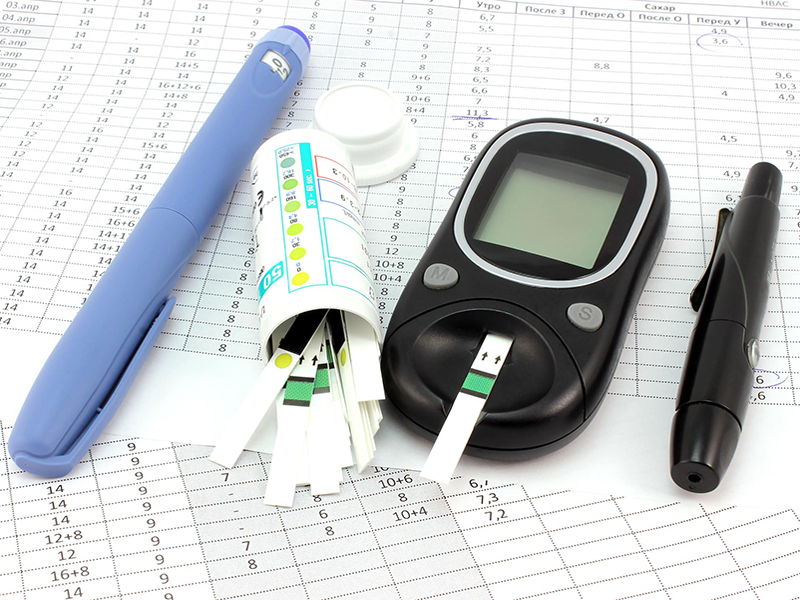A Biased View of Diabetes Care & Management - NYC Health + Hospitals

Rumored Buzz on Diabetes Care - Tidelands Health
5. Keep your vaccines as much as date Diabetes makes it more most likely you'll get particular diseases. Regular vaccines can assist avoid them. Ask your physician about: A yearly flu vaccine can help you remain healthy throughout flu season as well as prevent serious problems from the influenza. In some cases the pneumonia vaccine requires just one shot.
The liver disease B vaccine is recommended for adults with diabetes who haven't previously received the vaccine and are younger than 60. If you're age 60 or older and have never gotten the hepatitis B vaccine, talk with your physician about whether it's ideal for you. Stay up to date with your tetanus shot (normally given every 10 years).

Diabetes Management: A Manual for Patient-Centred Care - 1st Edition -
6. Take care of your teeth Diabetes might leave you prone to gum infections. Brush your teeth at least twice a day with a fluoride tooth paste, floss your teeth once a day and schedule dental exams a minimum of twice a year. Call your dental professional if your gums bleed or look red or swollen.
Our Cigna Diabetes Insurance for Individuals and Families Diaries
Take note of your feet High blood sugar can lower blood circulation and damage the nerves in your feet. Left without treatment, cuts and blisters can cause serious infections. Diabetes can result in pain, tingling or loss of sensation in your feet. To prevent foot issues: Wash your feet daily in lukewarm water.
Dry your feet gently, particularly between the toes. Hydrate your feet and ankles with lotion or petroleum jelly. Do not put oils or creams between your toes the additional wetness can cause infection. Inspect your feet daily for calluses, blisters, sores, inflammation or swelling. Consult your physician if you have a sore or other foot problem that doesn't start to heal within a couple of days.

WDF and IDF launch effort to improve diabetes care for displaced people - World diabetes foundation
Do not go barefoot, indoors or outdoors. 8. Consider a daily aspirin If you have diabetes and other cardiovascular threat aspects, such as smoking or high blood pressure, your doctor may recommend taking a low dose of aspirin every day to help in reducing your danger of cardiac arrest and stroke. If you don't have additional cardiovascular risk factors, the risk of bleeding from aspirin use likely outweighs any advantages of aspirin use.

